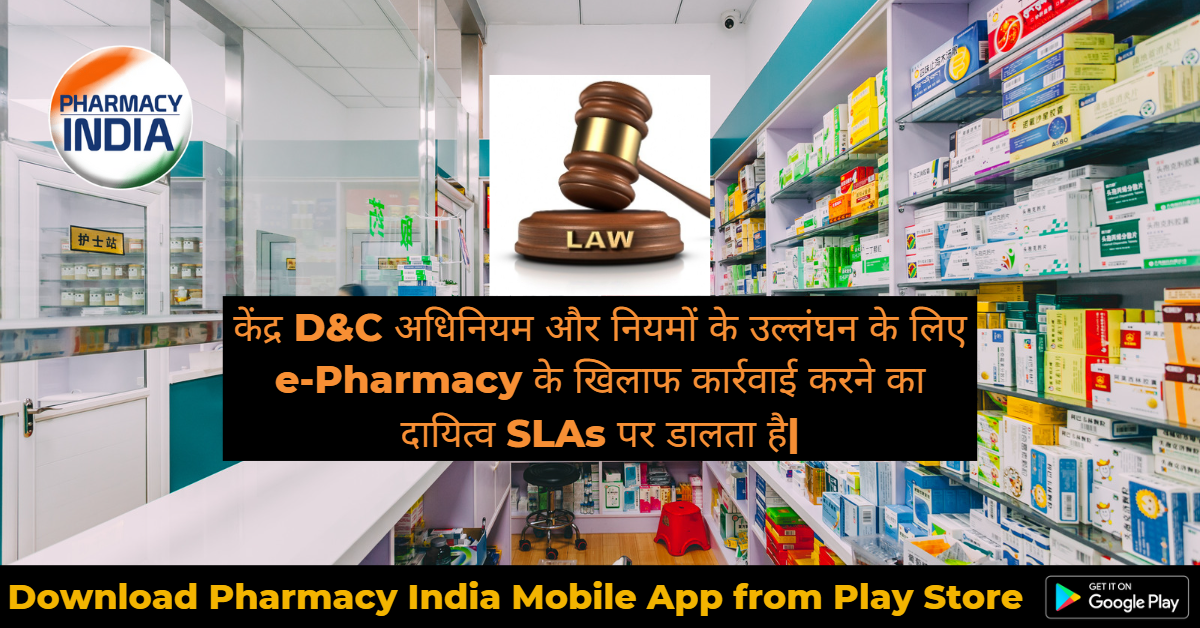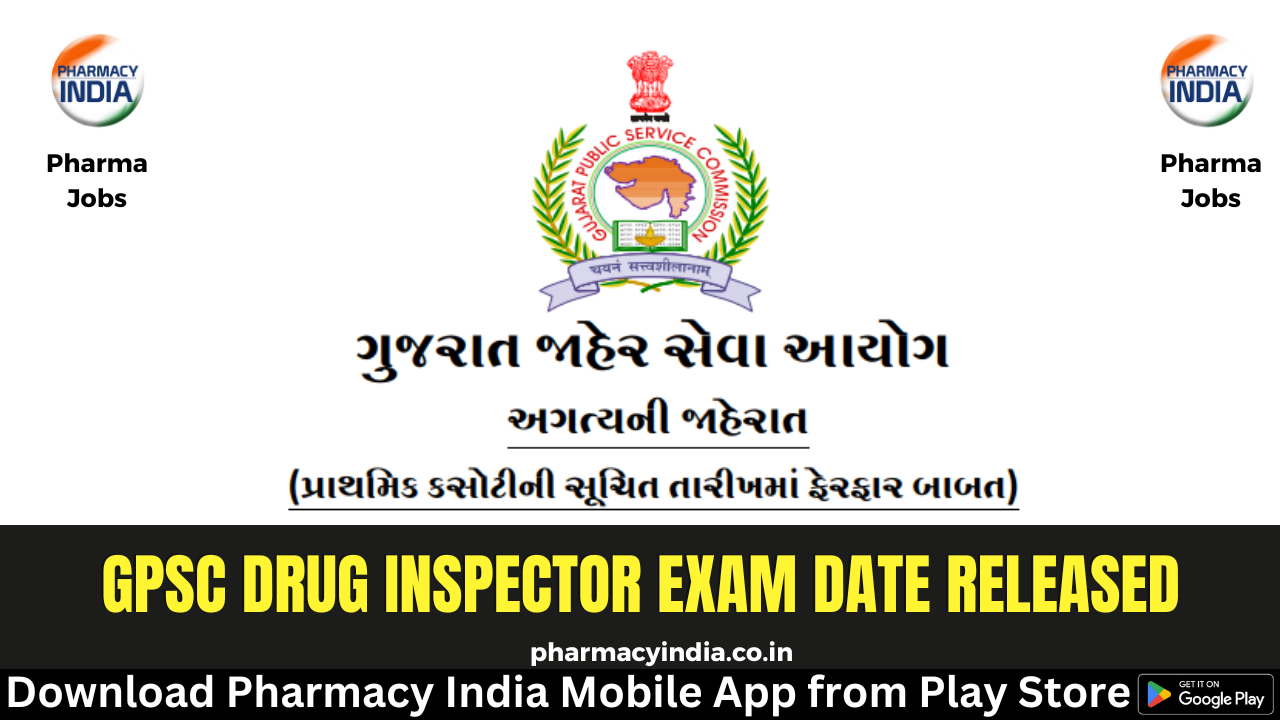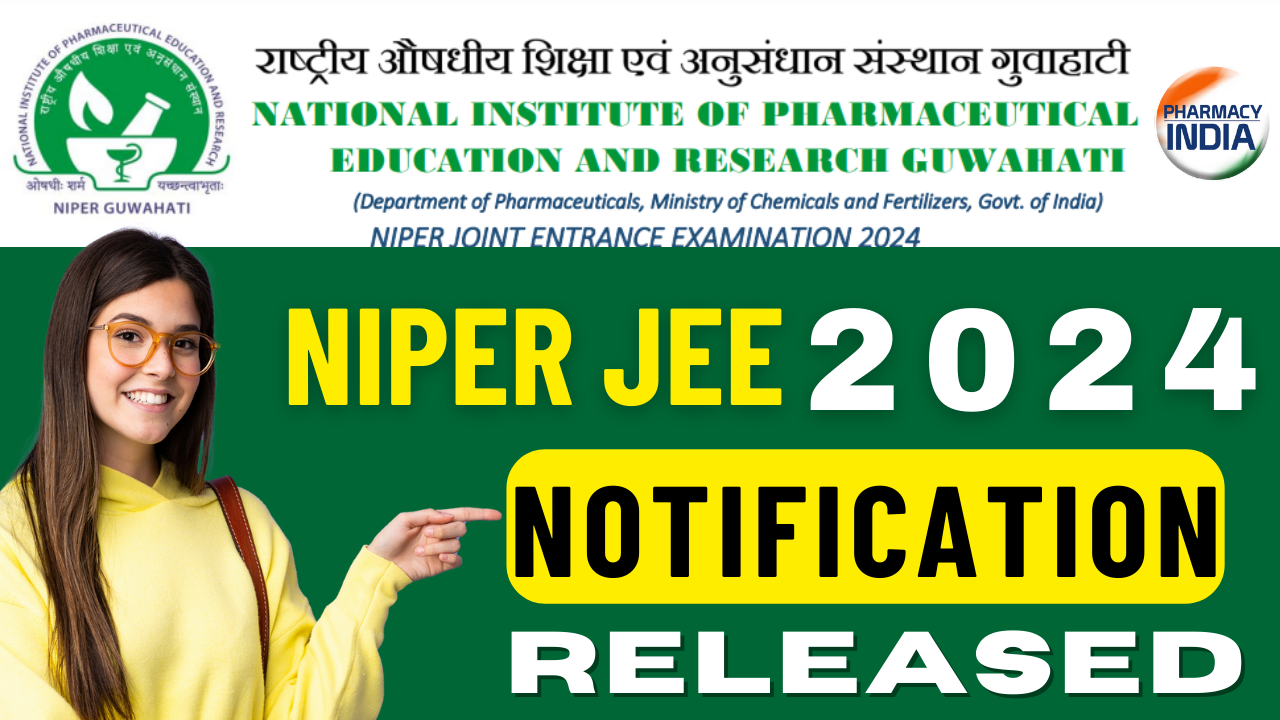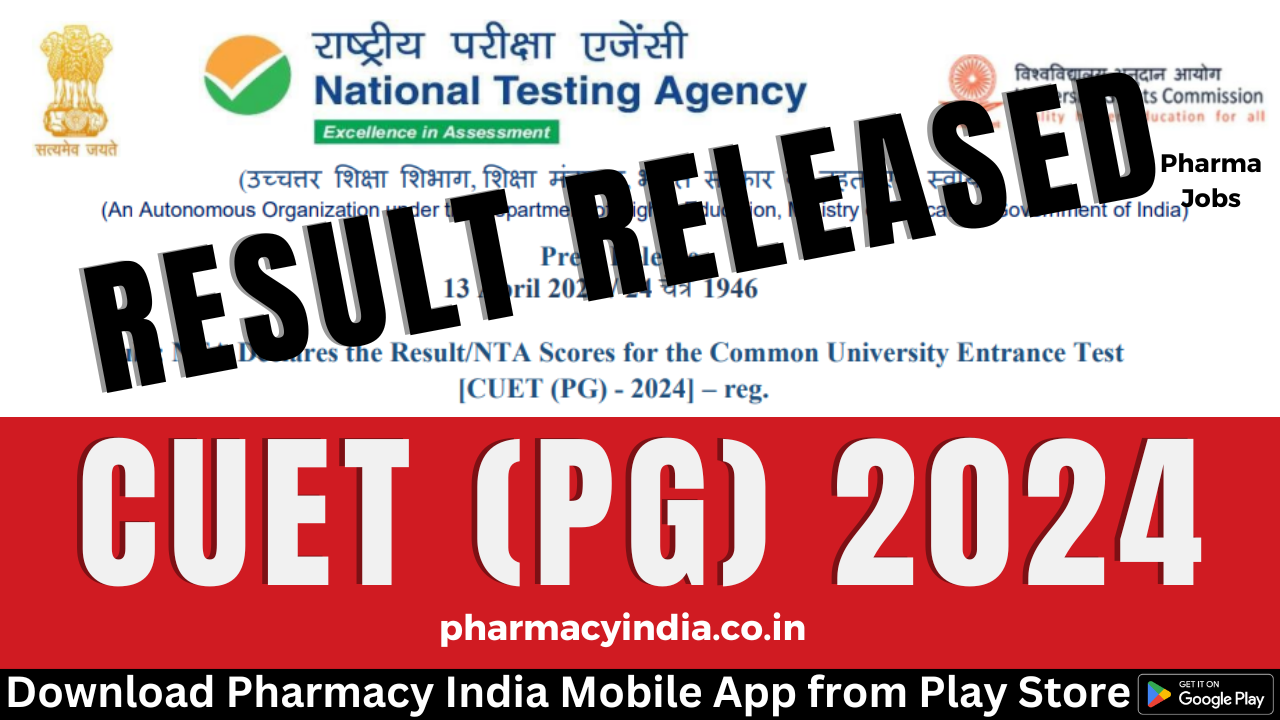The Central Government is taking a stand that the sale of medicines should strictly adhere to the provisions of the existing regulations and that the State Licensing Authorities (SLAs) are legally empowered to act against violations of the legal provisions. Chemists and druggists across the country are opposed to the sale of drugs through online channels. While the Ministry of Health and Family Welfare (MoHFW) stated in the previous session of Parliament in February 2023 that the government had produced draught guidelines to thoroughly regulate the internet selling of medications, it made no mention of this endeavour in its most recent response.
To a question raised by Member of Parliament, Shanta Chhetri, in the Rajya Sabha recently, on the details of laws governing e-pharmacies especially in relation to drug regulation and the government’s stand on the issue, Dr Bharati Pravin Pawar, minister of state in the MoHFW, said, “Sale of drugs in the country is regulated under the provisions of Drugs & Cosmetics Act, 1940 and Rules, 1945 by the State Licensing Authorities through a system of licencing and inspection. SLAs have the legal authority to impose severe penalties on those who violate the Act’s and Rules’ restrictions.
In response to a query on March 14, the minister added that, as of mid-February, the chemist association had given advance notice of a nationwide uprising against the sale of medications online. It should be noted that the Medicines & Cosmetics Act, 1940 and Regulations, 1945 do not contain any explicit laws relating to the sale of drugs online, and this has resulted in a number of legal challenges about the legitimacy of e-pharmacies and their operations in the nation during the past few years.
The largest group of chemists and druggists in the nation, the All India Organisation of Chemists and Druggists (AIOCD), previously announced an agitation against online pharmacies, claiming that they are unlawful and pose a threat to public health. However, after receiving a favourable response from the government about their demands, the call for agitation was cancelled. The Pharmacy Council of India and all the states’ and union territories’ drug controllers were told to strictly enforce the relevant provisions of the Pharmacy Act of 1947 and the Drugs & Cosmetics Act of 1945 in a circular issued by the Drugs Controller General (India) Dr. Rajeev Singh Raghuvanshi on March 9.
The DCGI’s reply came in response to a letter from the Indian Pharmaceutical Association (IPA) requesting stringent enforcement of Rule 65 of the Medicines & Cosmetics Act, 1945 and Section 42(a) of the Pharmacy Act, both of which prohibit the online dispensing of medications. The drug regulator requested the SLAs to ensure that pharmacists are physically present in the retail pharmacies/medical stores and that medicines are sold/dispensed under their direct supervision and to ensure that no prescription medicine is sold/dispensed from the retail medicines shop without a proper and valid prescription.
According to Section 42 of the Pharmacy Act, the State government should make it known that only registered pharmacists should combine, prepare, mix, or administer any medications that are on a doctor’s prescription; violators of this rule risk jail time or a fine. The Medicines & Cosmetics Act’s Regulation 65 specifies a number of requirements for licences to sell medications, including, among other things, that the supply of drugs other than those for wholesale dealing may only be made while being temporarily supervised by a registered pharmacist.
Then-DCGI V G Somani requested an explanation from a number of online pharmacies, including Tata 1mg, Amazon, and Flipkart, in February as to why they were not taking action to stop the online sale of drugs in violation of the Drugs & Cosmetics Act, 1940 and its rules, as well as the High Court of Delhi’s injunction order against such sales of medicines without a licence in December 2018. In response to the notice, online gamers were given two days to provide justification. Nevertheless, shortly after the letter was sent, the Ministry temporarily replaced Somani, who was on leave from his position, with another official.
The government’s stance is peculiar because it comes as it prepares to introduce the New Medicines, Medical Devices and Cosmetics Law, a draught of which was released in July of last year and has provisions for online pharmacy companies. Leaders in the industry, like Tata Group, Amazon, Flipkart, and others, have already made investments in the e-pharmacy and online health markets because they believe that the digital format will have a promising future in the nation’s healthcare market.
The Government of India has published draught rules for inviting comments from the public/stakeholders for amendment to the Drugs and Cosmetics Rules, 1945 for incorporating provisions relating to regulation of sale and distribution of drugs through e-pharmacy, according to Dr. Pawar’s response to a question in the Lok Sabha on February 3, 2023. The minister continued, “The Draft Rules contain provisions for registration of e-pharmacies, regular inspection of e-pharmacies, procedure for distribution or sale of drugs through e-pharmacies, prohibition of advertising drugs through e-pharmacies, complaint redressal mechanism, monitoring of e-pharmacies, etc.
The president of the Pharmacy Council of India, Montu M. Patel, is among those who endorse the AIOCD’s proposal that the country’s online medication business model be shut down. The Council has established a committee to combat the e-pharmacies and has sent a letter to the government opposing the business model, according to Patel, who claimed that online pharmacies are illegal in India not long after assuming the presidency. He further claimed that if e-pharmacies expand their business in the nation, there will be huge levels of unemployment.
The Indian Medical Association (IMA), in a white paper on online pharmacies published in 2022, stated that the Association is opposed to online pharmacies in the nation because they will encourage the substitution of less expensive and counterfeit drugs by online stores and compromise the confidentiality between doctors and patients. “This will encourage people to repeatedly fill the same prescription without a doctor’s oversight. This can lead to a variety of negative drug-related consequences and will promote drug misuse and excessive use of addictive substances. When a patient abuses this facility, the doctor will still be held medically liable, it stated. The white paper said that because there are no clearly defined rules specifically governing online pharmacies, this will encourage drug abuse, misuse, self-medication, and other problems.







